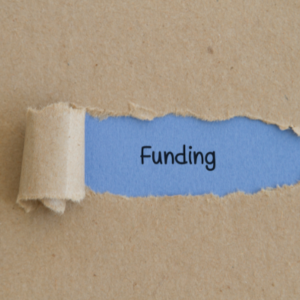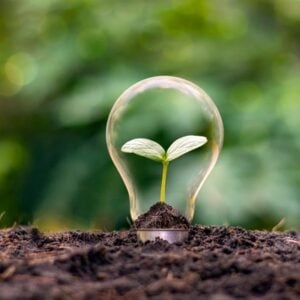The second Global Conference on Sustainable Livestock Transformation opened at FAO headquarters in Rome, emphasizing that the adoption of good practices can make livestock systems truly sustainable, according to FAO Director-General Qu Dongyu. The conference brings together FAO Members, policymakers, farmers, private companies, industry associations, civil society, NGOs, researchers, and development agencies to share experiences and showcase actionable solutions for transforming the livestock sector. Building on the outcomes of the first global conference in 2023, this event shifts focus from dialogue to practical action under the theme “Fostering Change, Scaling Innovations, Driving Solutions,” highlighting livestock’s role in achieving better production, nutrition, environment, and quality of life globally.
Livestock are vital for societies worldwide, supporting the livelihoods of approximately 1.3 billion people and accounting for 40 percent of global agricultural GDP. In low- and middle-income countries, they serve as a primary source of income and a financial safety net, while also contributing significantly to food security and nutrition by providing around one-third of global protein intake. Livestock products, including milk, eggs, and meat, remain essential for balanced diets, particularly for children and vulnerable populations. Beyond nutrition, the sector offers income and employment opportunities, especially for youth and women, enhances soil fertility, supports ecosystems, and provides resilience for households during crises.
Despite their importance, livestock systems face challenges, including environmental impacts, public health risks, and concerns over animal welfare. Director-General Qu highlighted existing solutions, such as converting manure into clean energy, repurposing by-products, and raising animals under humane conditions, demonstrating that sustainable livestock systems are achievable when good practices are implemented.
The conference is significant for three main reasons: fostering collaboration among stakeholders, leveraging scientific and technological advances, and focusing on practical solutions. Over 1,000 participants are expected, including policymakers, industry experts, and researchers, to explore climate change mitigation, low-emission livestock systems, animal health and welfare, sustainable feeding and breeding, food security, and innovation in the sector. A dedicated exhibition will showcase technologies and initiatives supporting sustainable livestock transformation, providing practical examples from countries, the private sector, and research institutions.
High-level interventions include contributions from India’s Minister of Fisheries, Animal Husbandry and Dairying, Chad’s Minister of Livestock and Animal Production, and Somalia’s Minister of Livestock, Forestry and Range. FAO continues to support countries through long-term investments, the FAO Investment Centre, the Green Climate Fund, the Pandemic Fund, South-South Cooperation, and other initiatives. The organization also advances One Health in agrifood systems, addressing pandemic prevention, antimicrobial resistance, and zoonotic disease risks.
Recent FAO initiatives include the Global Strategy for Avian Influenza 2024–2033, efforts to eradicate Peste des Petits Ruminants by 2030, and the development of a Global Plan of Action for Sustainable Livestock Transformation. FAO will also launch the Global Challenge Programme for Transboundary Animal Diseases to protect animal health, strengthen livestock production, and safeguard livelihoods worldwide. The conference underscores the translation of 2023 commitments into actionable solutions that improve livelihoods, protect the environment, and build resilience across regions.







